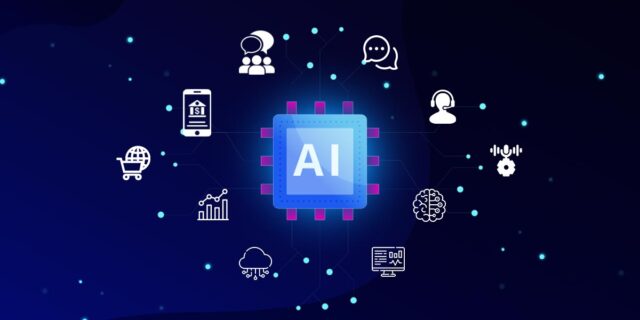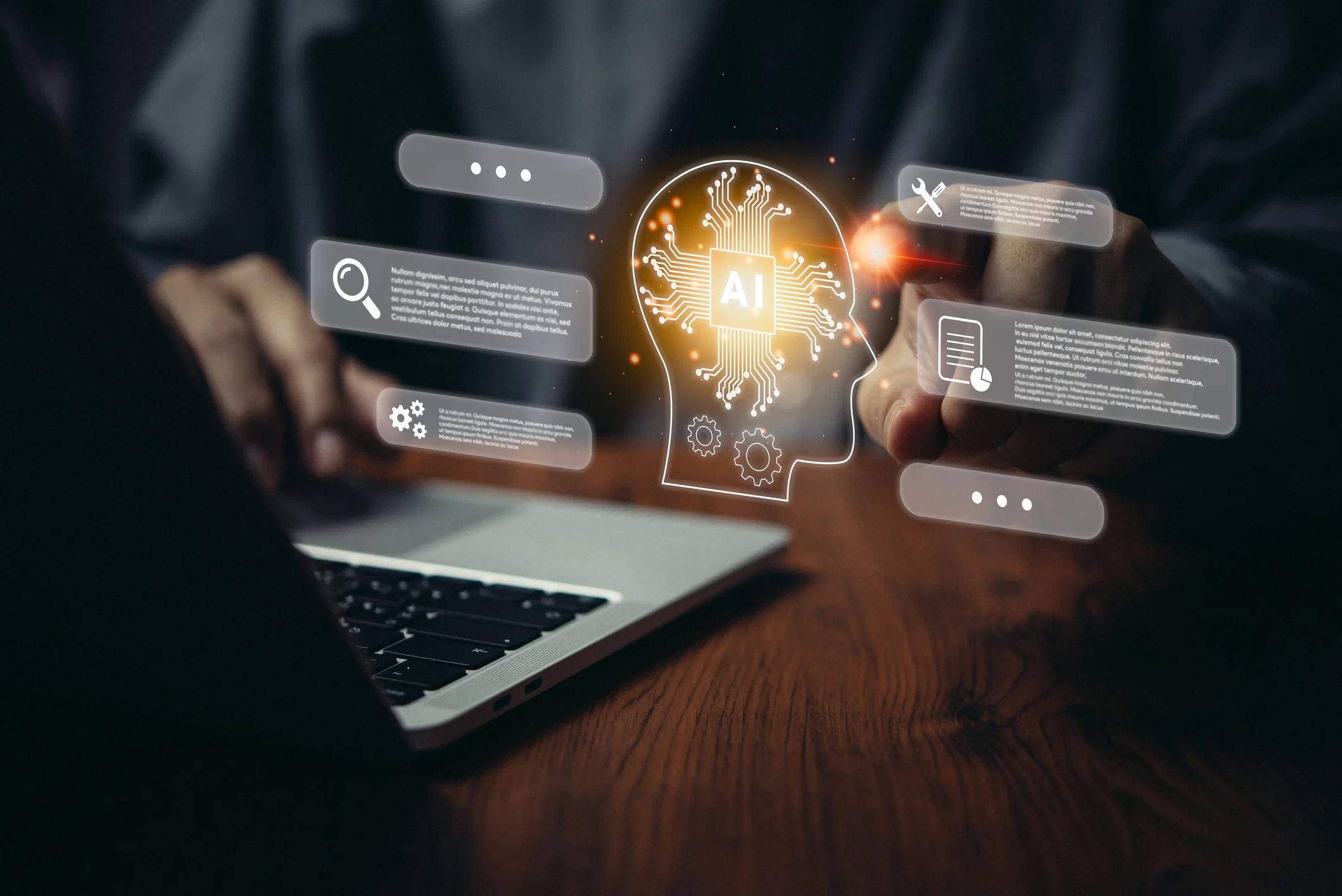In the fast-paced world of digital marketing, businesses are continually looking for ways to streamline their processes, improve efficiency, and enhance customer engagement. One of the most effective solutions to achieve these goals is by leveraging artificial intelligence (AI) tools for marketing automation. In this blog, we’ll explore how AI can transform your marketing efforts, the various tools available, and best practices for implementation.

What is Marketing Automation?
Marketing automation involves the use of software platforms to automate repetitive marketing tasks, such as email campaigns, social media posting, and ad management. By integrating AI into these processes, businesses can achieve higher efficiency, personalization, and data-driven insights.
Benefits of Using AI Tools for Marketing Automation
- Increased Efficiency: AI tools can handle repetitive tasks, allowing marketing teams to focus on strategic initiatives. This leads to improved productivity and faster campaign execution.
- Enhanced Personalization: AI algorithms analyze customer behavior and preferences, enabling marketers to create personalized experiences. Tailored content increases engagement and conversion rates.
- Data-Driven Insights: AI tools provide valuable analytics and reporting, helping marketers understand performance metrics and optimize campaigns in real time.
- Better Customer Segmentation: AI can identify and segment target audiences based on their behaviors and preferences, ensuring that marketing messages reach the right people at the right time.
- Predictive Analysis: AI tools can forecast trends and consumer behavior, allowing businesses to adjust their strategies proactively.
Key AI Tools for Marketing Automation
- Email Marketing Automation: Tools like Mailchimp and ActiveCampaign use AI to optimize email campaigns, from personalized content suggestions to predictive sending times based on user behavior.
- Chatbots: Implementing AI-powered chatbots (e.g., Drift, Intercom) can automate customer service, providing instant responses to inquiries and guiding users through the sales funnel.
- Social Media Management: Platforms like Hootsuite and Buffer offer AI features that suggest optimal posting times, analyze engagement metrics, and even automate content curation.
- Ad Campaign Optimization: Tools like AdRoll and WordStream use AI algorithms to optimize pay-per-click (PPC) campaigns, analyzing performance data to improve ad targeting and budget allocation.
- Content Creation and Curation: AI tools like Jarvis and Copy.ai can help generate marketing copy, blog posts, and social media content, saving time and ensuring consistent messaging.
Implementing AI in Your Marketing Strategy
- Identify Your Goals: Start by defining your marketing objectives. Are you looking to increase lead generation, improve customer engagement, or enhance your brand’s online presence? Your goals will guide your choice of AI tools.
- Choose the Right Tools: Research and select AI tools that align with your marketing needs. Consider factors like ease of use, integration capabilities, and customer support.
- Start Small: Implement AI automation gradually. Begin with one or two tools, monitor their performance, and scale as you become comfortable with the technology.
- Train Your Team: Ensure your marketing team is trained to use AI tools effectively. Familiarity with these technologies will maximize their benefits and enhance your overall strategy.
- Monitor and Optimize: Regularly assess the performance of your AI tools. Use analytics to track key metrics, make data-driven decisions, and continuously optimize your marketing efforts.
Conclusion
AI tools are revolutionizing marketing automation, offering businesses innovative solutions to enhance efficiency, personalization, and data analysis. By embracing AI, marketers can streamline their processes, engage customers more effectively, and ultimately drive better results. As technology continues to evolve, those who harness the power of AI will have a significant competitive edge in the digital landscape.


No responses yet